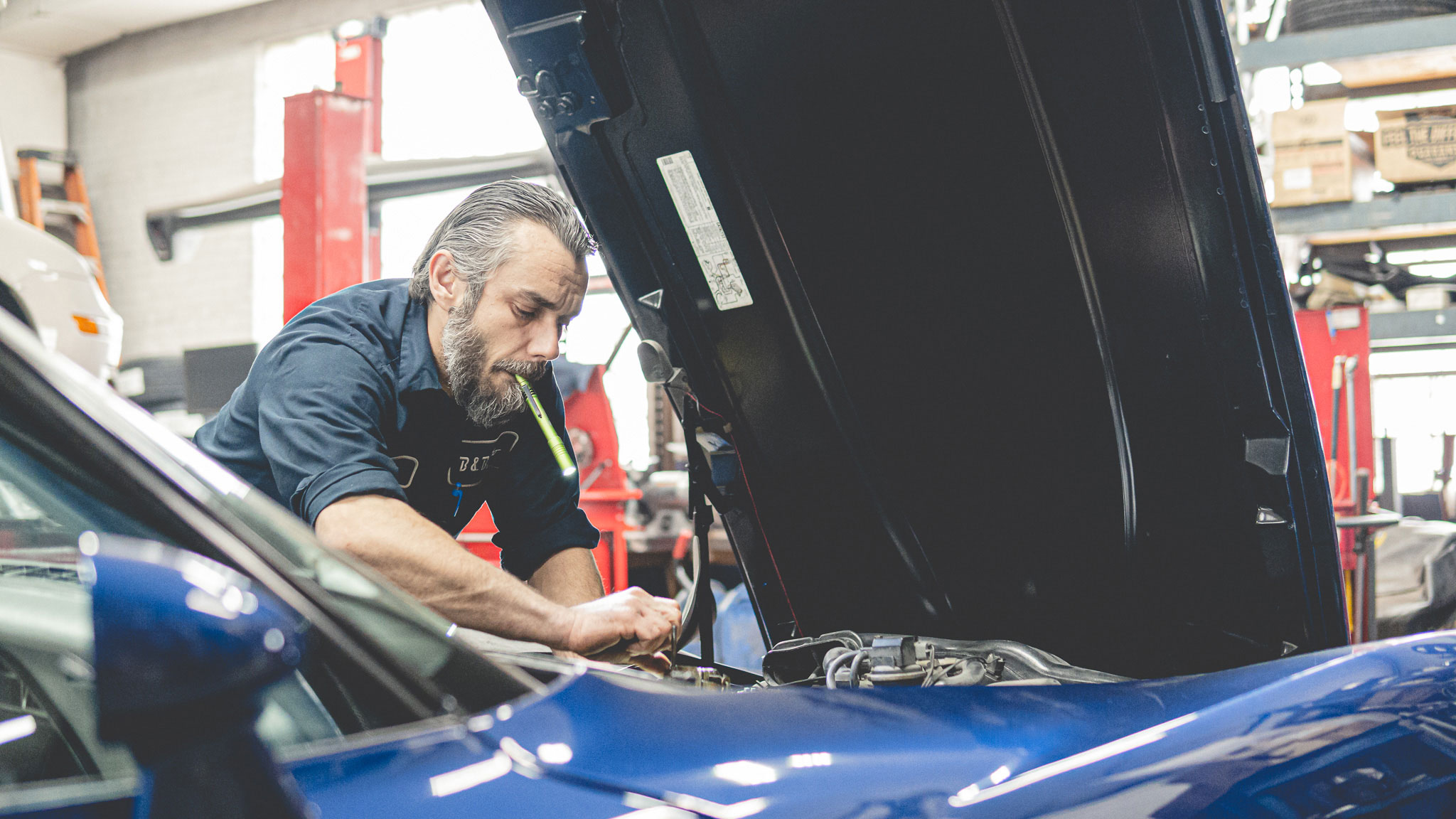All Categories
Featured

Recognizing the difference between regular maintenance and fixings is crucial to guaranteeing your car stays in top problem and runs effectively throughout its life. Regular upkeep is concerning avoidance and ongoing treatment, while repairs are needed when something breaks or breakdowns.
Routine Upkeep: Protecting Against Future Problems. Routine maintenance involves the normal, scheduled solutions that maintain your vehicle in good working order and prevent concerns from creating. These tasks are made to make certain that all parts of your cars and truck remain to function as they should and help preserve the automobile's reliability. Normal upkeep is typically described in your automobile's owner manual, defining when to execute particular jobs based on mileage or time intervals.

Some examples of regular maintenance include:
Oil Modifications: Oil lubes the engine, guaranteeing it runs efficiently and successfully. Routine oil modifications, generally every 3,000 to 5,000 miles, help stop engine wear and maintain the car running efficiently. Tire Rotation and Balancing: Tire turning helps level tire wear, while stabilizing makes sure smooth handling and boosts tire durability. This should be done every 6,000 to 8,000 miles. Brake Inspections: Your auto's braking system requires normal checks to make certain the pads are in great problem, the fluid degrees suffice, and the rotors are functioning well. Liquid Checks: Keeping an eye on necessary fluids, consisting of transmission fluid, coolant, brake liquid, and power steering fluid, assists keep the engine and various other systems running smoothly. Air Filter Substitute: The engine air filter maintains dust and particles from getting in the engine. Replacing it consistently assists keep engine efficiency and fuel performance. These maintenance jobs are preventive in nature, designed to prolong the life of your car and reduce the threat of malfunctions. By executing regular upkeep, you can capture small issues before they escalate right into larger, a lot more costly problems.
Services: Taking Care Of Problems That Emerge. Fixings, on the various other hand, are necessary when a component of your vehicle stops working or breaks down. Unlike routine maintenance, which is focused on prevention, repair work are reactive actions taken when something malfunctions or puts on out.

Instances of common fixings include:
Transmission Issues: Troubles such as sliding equipments, difficulty shifting, or strange sounds might signal a malfunction in the transmission, needing repair work or substitute. Engine Repairs: If the engine is misfiring, overheating, or revealing other indicators of trouble, it might need a repair service or substitute of certain components like the ignition system, timing belt, or sensing units. Brake Repairs: If your brakes are squeaking, making grinding noises, or failing to stop the car effectively, you may require to change brake calipers, pads, or blades. Battery Replacement: If the car has problem beginning or the battery caution light shows up, it might be time to change the battery. Suspension and Guiding Repairs: If you experience irregular tire wear, a rough adventure, or problem steering, it can be an indicator that the suspension system or steering parts require repair. Due to the fact that they include repairing concerns that might impact the cars and truck's security or functionality, repairs are typically more costly than routine maintenance. Depending upon the seriousness of the trouble, repair services may call for customized parts and labor.
Trick Distinctions In Between Regular Repair And Maintenance. Purpose: Routine maintenance intends to stop problems and make certain that the car runs successfully. Fixings are required to take care of issues that have currently occurred. Frequency: Maintenance tasks are carried out on a regular timetable, while fixings are needed when specific issues occur unexpectedly. Expense: Regular upkeep is generally more economical, as it involves minor checks, adjustments, and part replacements. Repair work can be more costly due to labor and parts associated with dealing with damaged parts. Timing: Maintenance is predictable and planned, whereas repair services happen when something goes wrong, commonly causing more urgent attention. The Relevance of Both Regular Repair And Maintenance. While regular upkeep is essential for minimizing the need for fixings, repair work are often inescapable. Also the best-maintained vehicles can experience deterioration in time. It's important to be aggressive with maintenance and address repair work quickly to guarantee your vehicle stays risk-free and dependable to drive.
By remaining on top of regular maintenance tasks, you can decrease the risk of needing costly repair work. Addressing them early can help avoid additional damage and guarantee that your automobile proceeds to execute at its finest. when repairs are required.
Verdict. In recap, regular repair and maintenance are both important elements of car treatment. Regular upkeep helps stop concerns and guarantees your automobile is running smoothly, while fixings are required to fix problems that develop all of a sudden. By balancing normal maintenance with timely repair services, you can extend the life of your automobile and appreciate a more secure, a lot more reliable driving experience.
Latest Posts
Eco-Friendly Bathroom Remodels with Bath Fitter
Published Apr 20, 25
1 min read
Why Trust NAPA AutoCare? Montclare Auto Repair Is Your Trusted Choice
Published Apr 20, 25
2 min read
Experience the Elegance of Hardwood Floor Covering with Carpet Interiors Floor & Home
Published Apr 19, 25
1 min read
More
Latest Posts
Eco-Friendly Bathroom Remodels with Bath Fitter
Published Apr 20, 25
1 min read
Why Trust NAPA AutoCare? Montclare Auto Repair Is Your Trusted Choice
Published Apr 20, 25
2 min read
Experience the Elegance of Hardwood Floor Covering with Carpet Interiors Floor & Home
Published Apr 19, 25
1 min read